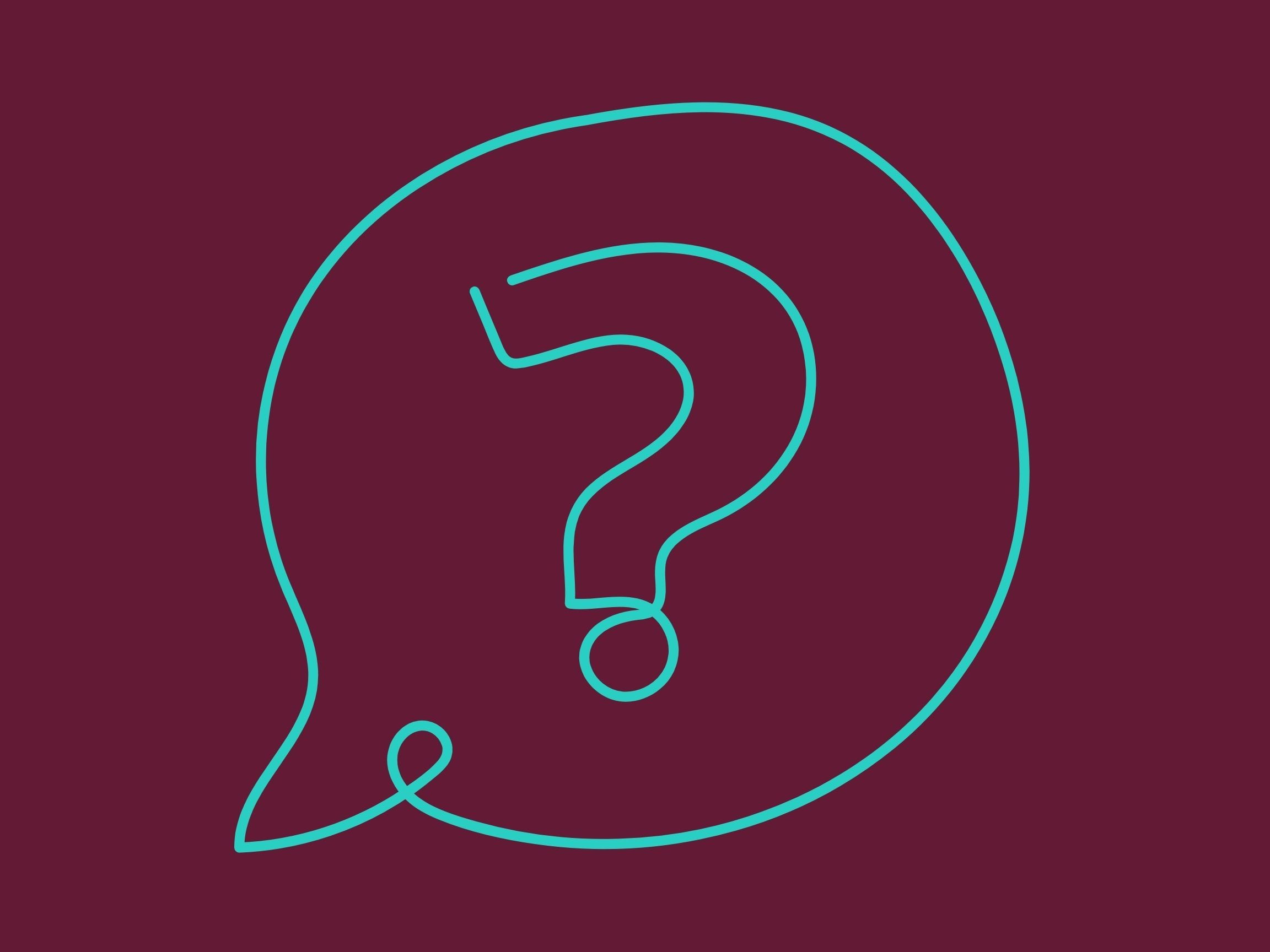Between chatting with patrons on the Digital Bookmobile, assisting our technical support team while off the road, and being active in many online book communities, I spend a lot of time clarifying some common misconceptions about the Libby app. Although Libby is designed to have an easy-to-use interface, some of the intricacies of digital lending can be confusing.
Here are three of the most common myths and misconceptions about the Libby app debunked:
Books in Libby are digital, so you can read and listen to the same checkout.
Trust me, I’ll be the first person in line if this feature were to ever become available. I would love to read the same book before bed that I listen to while I do chores without having to backtrack to figure out what is going on! Unfortunately, because the cost of audiobook production is so high compared to ebooks, their price points are very different. So libraries purchase the two formats individually and circulate those titles separately.
What I recommend when a user wishes to both read and listen to a title is to borrow the title in both formats at once. Keep in mind that because they are two separate books, you will need to manually keep track of where you left off in each format when you make the switch from one to the other. It takes a bit of patience (Deliver Later will become a feature you rely on heavily), but I have known a few people that find it totally worth it. If you are really into workarounds, you could borrow the title in both formats and use two separate devices (or open the app and libbyapp.com in a web browser on the same device) to read and listen at the same time.
You can tell the difference between an ebook and an audiobook by their jacket cover. Audiobooks will have a pair of headphones on at the bottom of the jacket cover, while ebooks will not. You can also tap a title’s jacket cover to view its format on the title details page.
Libby is the library.
I’ve run into this situation both in person and virtually many times, where a Libby user thinks that when they are attending a webinar or contacting support via the Libby app, that they are talking to the staff that work at their library. The confusion is understandable because the books that you read in Libby are owned by your library, and the collection that you borrow from is specific to the library that you belong to.
However, Libby is an app used by many libraries across the globe. Libby is to libraries like DoorDash is to restaurants: a service (the app) that the library uses to get their products (books) into the hands of their customers (library patrons). It is most useful to know this distinction when you have questions so that you know who to contact to get the answers you’re looking for as quickly as possible.
In general, if you are inquiring about something that is specific to your library (i.e. What is my library card number or PIN?), contacting the library directly by phone or through their website will be your best bet. Despite many libraries being closed physically, many are still responding to their communications.
On the other hand, if you have a question regarding the app (i.e. How do I cancel a hold in Libby?) or you are in need of troubleshooting assistance, then our technical support team at OverDrive are the Libby experts you need. They can be contacted directly through the Libby App.
You can donate ebooks to Libby.
One thing I love about libraries is that they attract some of the most giving people, so I shouldn’t have been surprised when library patrons would write to our technical support team trying to donate their ebooks or audiobooks to their library’s digital collection. Here’s the thing: only titles purchased through OverDrive can be added to a library’s OverDrive collection; this is in large part due to publisher restrictions on digital content.
That doesn’t mean you are totally out of luck, though. Libraries often accept monetary donations, which are used to supplement their government funding. Depending on the library, you might even be able to specify if you would like your donation to be used toward their digital collection. In some cases, you can even donate the cost of a specific ebook or audiobook that you want the library to add to their collection.
Do you have a question about Libby that isn’t covered on Libby’s Help Site? Message us on Instagram (@DigitalBookmobile) or contact our support team through the app!
